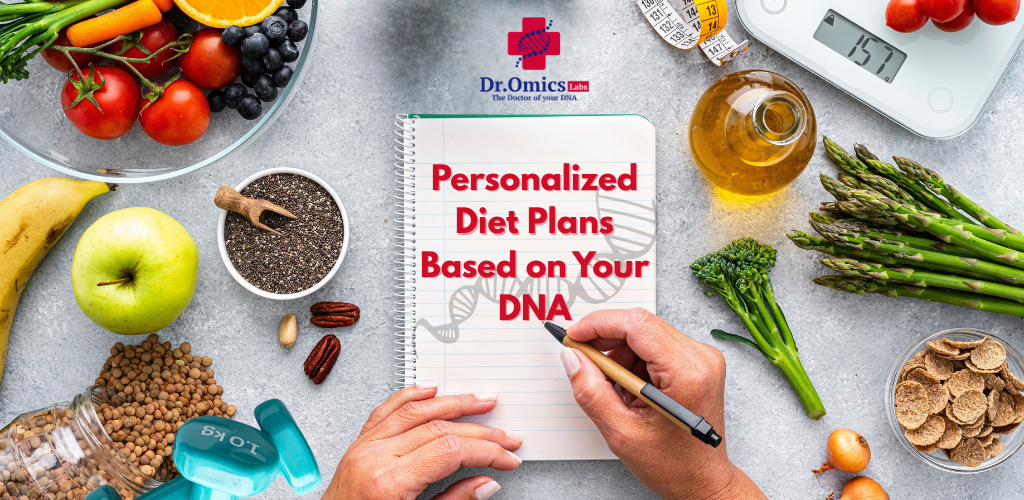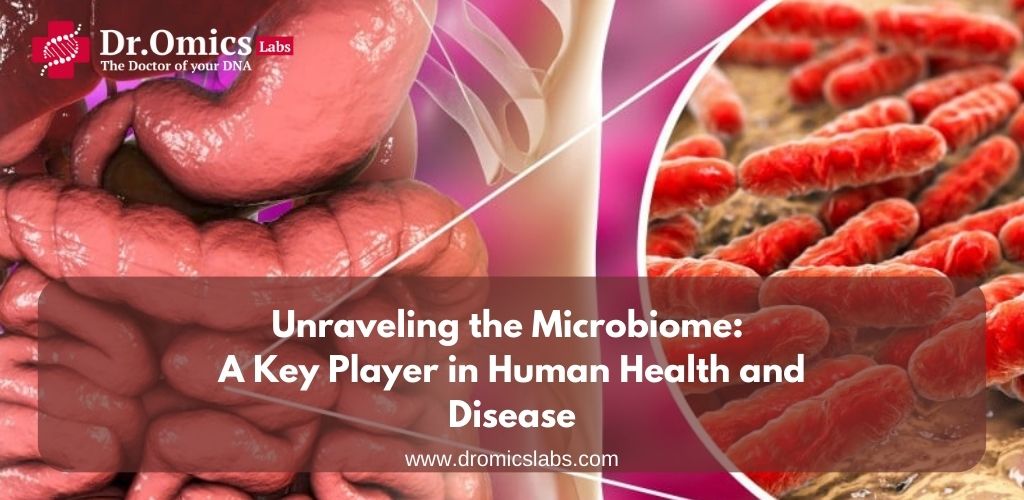Personalized Diet Plans Based on Your DNA: A Game Changer in Health
Introduction:
Nutritional science is increasingly moving from generic dietary guidelines to DNA-based personalized nutrition plans. Standard diets often don’t consider individual biological differences, leading to varied results. Recent advances in nutrigenomics and genetic testing for weight loss offer a more precise approach, enabling individuals to adopt diet strategies aligned with their genetic profile. This article examines how DNA-based diets are revolutionizing health and weight management strategies.
The Genetic Foundation of Personalized Nutrition:
Each person’s unique genetic makeup influences nutrient metabolism, storage, and utilization. Conventional dietary recommendations disregard these genetic differences, resulting in suboptimal or ineffective outcomes for many individuals.
Research has demonstrated that DNA-guided diet plans can address these disparities by considering
- Variations in carbohydrate, fat, and protein metabolism
- Genetic predispositions to obesity, insulin resistance, and cardiovascular risk
- Micronutrient absorption and potential deficiencies
- Genetic markers influencing eating behavior and satiety signals (feelings of fullness) [1, 2, 3]
This approach allows for the formulation of personalized diet plans with enhanced precision and efficacy, supporting improved health outcomes and sustainable weight management.
The Role of Nutrigenomics in Diet Optimization:
Nutrigenomics—the study of interactions between nutrients and genes—forms the backbone of personalized nutrition. It integrates insights from genetics, molecular biology, and nutrition science to identify how specific gene variants respond to dietary components.
Recent studies in nutrigenetics have shown the impact of single nucleotide polymorphisms (SNPs) on energy metabolism, fat accumulation, and nutrient processing. Certain SNPs are now incorporated into commercial DNA diet tests, offering actionable insights into an individual’s metabolic profile [3].
Advanced techniques like epigenetics, transcriptomics, proteomics, and metabolomics provide a more detailed understanding of gene-nutrient interactions, leading to more precise dietary recommendations [4].
Scientific Evidence and Clinical Relevance:
Studies indicate that personalized diets based on genetic testing show significant improvements compared to standard diets:
- Improved weight loss outcomes and maintenance
- Enhanced glycemic control in individuals with metabolic disorders
- Greater adherence to dietary recommendations due to personalization [2, 3]
Crucially, DNA health testing allows for early detection of nutrient absorption problems and food sensitivities, enabling timely interventions before symptoms worsen.
Key Insight: Individuals following genetically informed diet plans show better adherence and report higher satisfaction, leading to sustained lifestyle changes [2].
But is this practical for students or young adults?
Absolutely. DNA diet tests are becoming more affordable, and many reputable options now provide detailed reports on metabolism, diet compatibility, and fitness plans. Consider it an investment in long-term health, not a short-term solution. If you’re struggling with weight fluctuations or chronic fatigue or just want to optimize your food choices, a personalized diet plan based on your genetic profile could be a game-changer.
Quick Insight: Genetic testing has identified SNPs linked to fat gain, insulin resistance (a condition affecting blood sugar control), and even satiety—information unavailable from a food diary [3].
One-size-fits-all diets don’t work. Here’s why.
It’s important to recognize that generic diet plans are often ineffective. They treat everyone the same, disregarding individual biological differences. Two people on the same diet can have opposite results. Why? Because our genetic blueprints determine how we absorb nutrients, burn fat, and store energy [2].
Some individuals may have genes that hinder fat metabolism, while others may efficiently process carbohydrates. DNA health testing can reveal these tendencies, enabling targeted adjustments that make dieting both more effective and more sustainable.
Fast Fact: Studies indicate that individuals following a DNA-based diet show better adherence and achieve improved weight loss and glycemic control [2].
The Future of DNA-Based Nutrition:
As genetic sequencing becomes more cost-effective and accessible, the integration of nutrigenomics and weight management will likely become standard in preventive healthcare. Future dietary guidelines are likely to incorporate genetic data, allowing healthcare systems to prioritize prevention over treatment.
However, challenges remain. Long-term efficacy studies are needed, and ethical considerations—particularly related to data privacy and accessibility—must be addressed. Nevertheless, the potential of personalized diet plans to reduce chronic disease burden and improve population health is considerable.
Conclusion:
The era of one-size-fits-all nutrition is fading. In its place emerges a more intelligent, individualized approach: personalized nutrition based on your DNA. Through nutrigenomic insights, individuals can finally align their diet with their biology, improving health outcomes, optimizing metabolism, and enhancing quality of life.
For students aiming for peak performance and individuals seeking optimal health, DNA-based diets represent a logical, evidence-driven advancement in personalized healthcare.
References:
- Ganesh, N. P. T., Prakash, N. M. S., Auti, N. S. S., & K, N. P. G. P. (2024). Personalized nutrition plan based on DNA. International Journal of Advanced Research in Science Communication and Technology, 220–225. https://doi.org/10.48175/ijarsct-22332
- Türkmen, İ. (2024). Personalized Nutrition in Managing Metabolic Disorders: The potential of DNA-Based Diets. Next Generation., 8(1), 63. https://doi.org/10.62802/pr959356
- Ramos-Lopez, O., & Martinez, J. A. (2019). Nutrigenetic approaches in obesity and weight loss. In Elsevier eBooks (pp. 409–415). https://doi.org/10.1016/b978-0-12-819178-1.00040-x
- Kiani, A. K., Bonetti, G., Donato, K., Kaftalli, J., Herbst, K. L., Stuppia, L., Fioretti, F., Nodari, S., Perrone, M., Chiurazzi, P., Bellinato, F., Gisondi, P., & Bertelli, M. (2022). Polymorphisms, diet and nutrigenomics. PubMed, 63(2 Suppl 3), E125–E141. https://doi.org/10.15167/2421-4248/jpmh2022.63.2s3.2754




